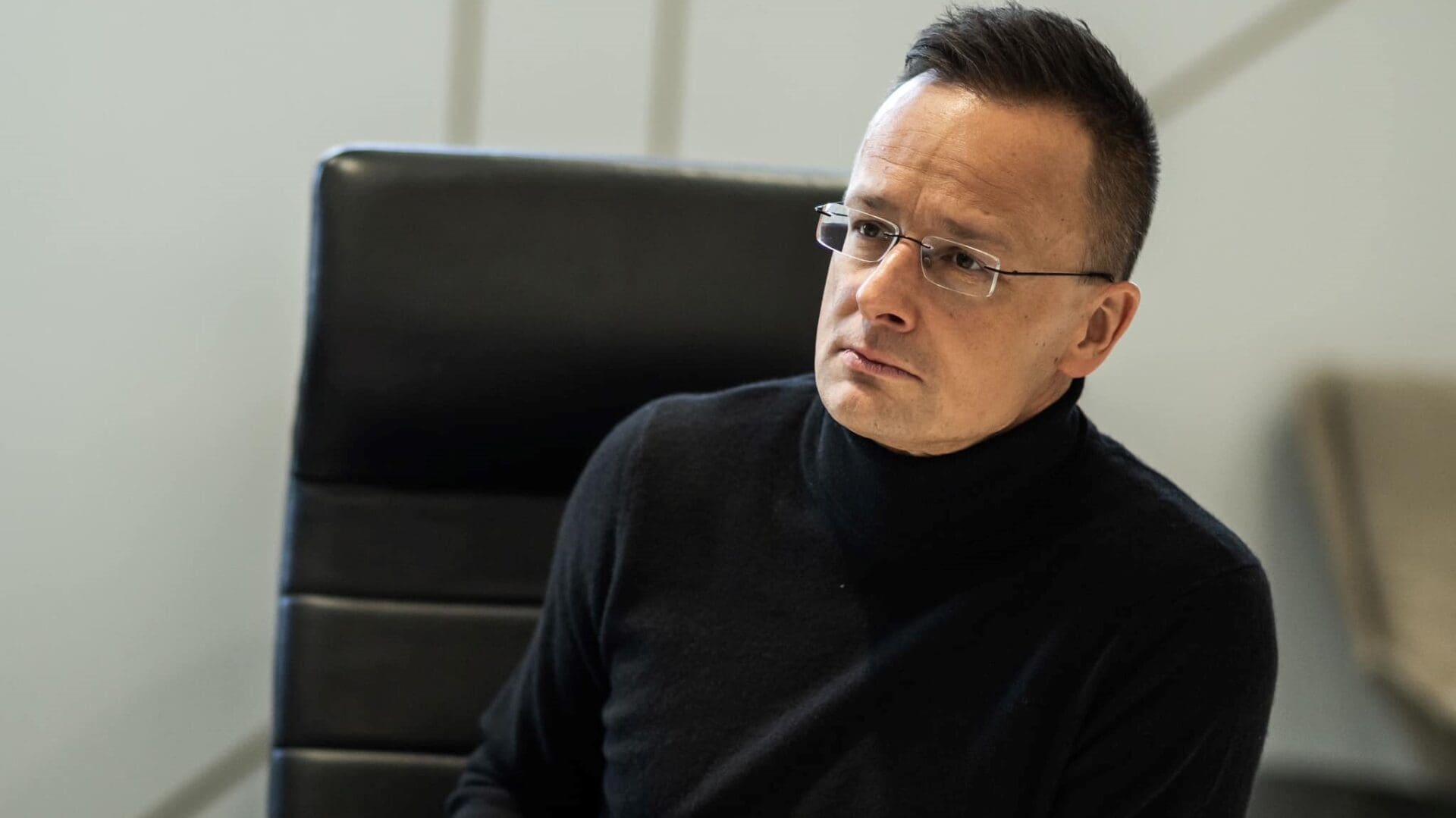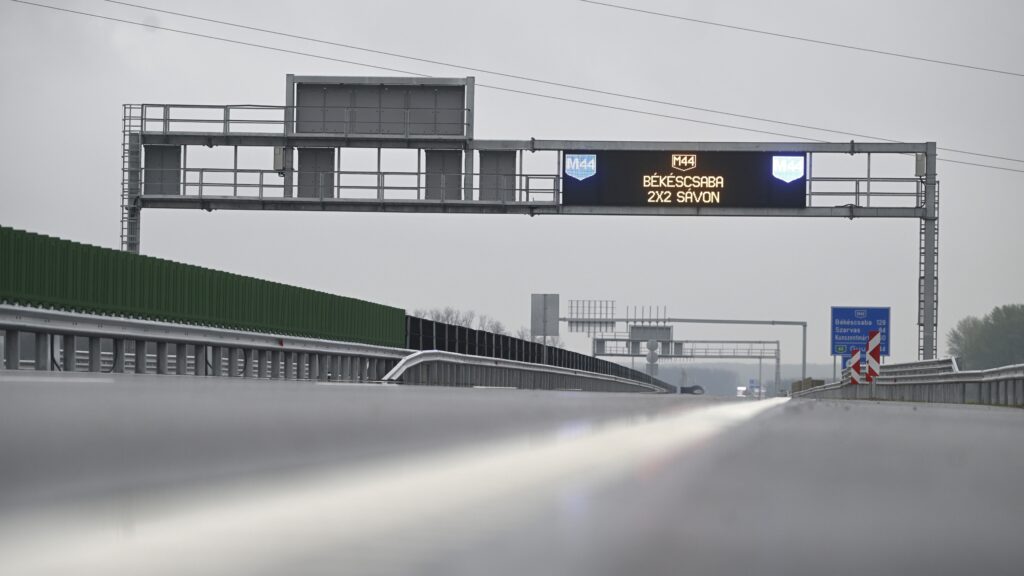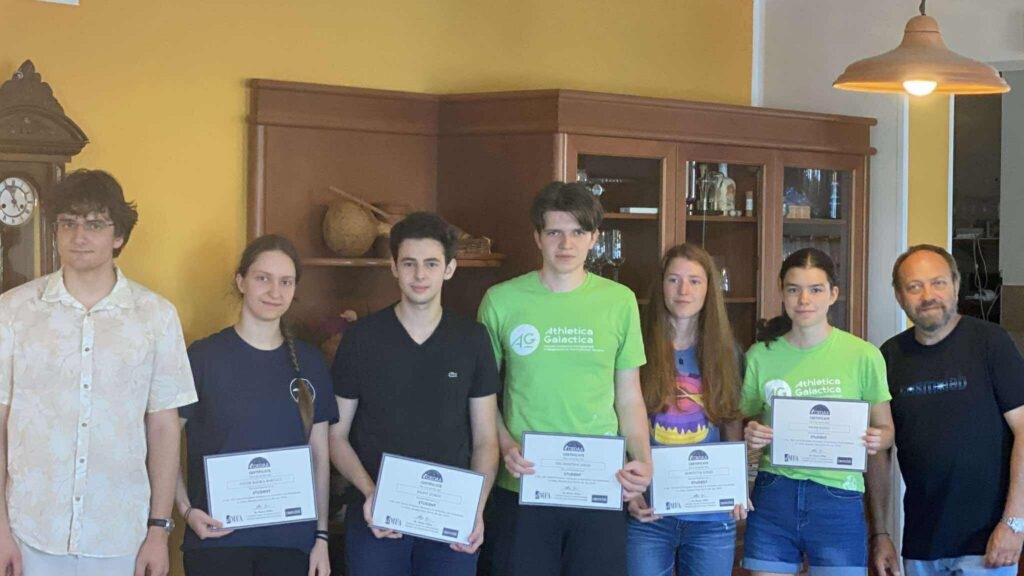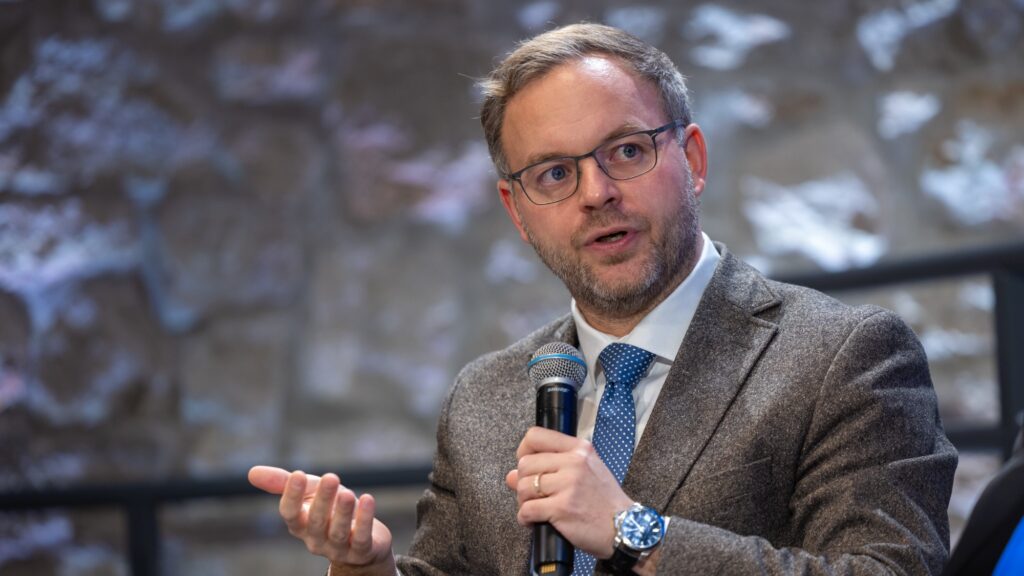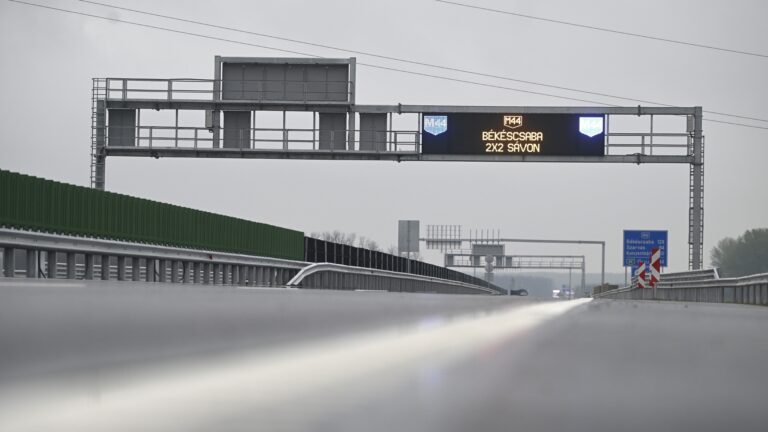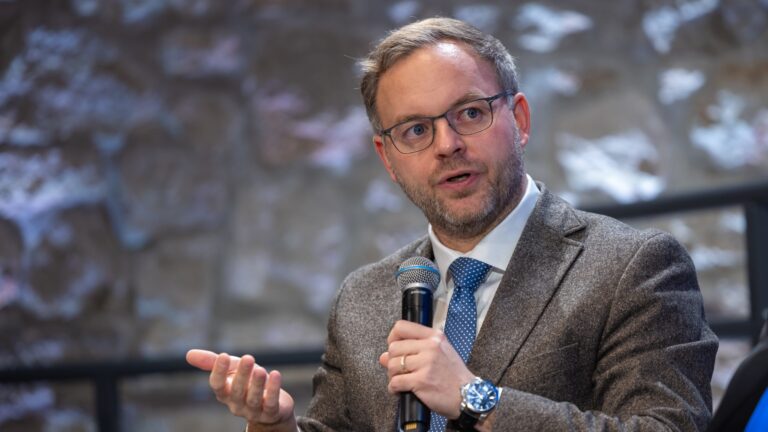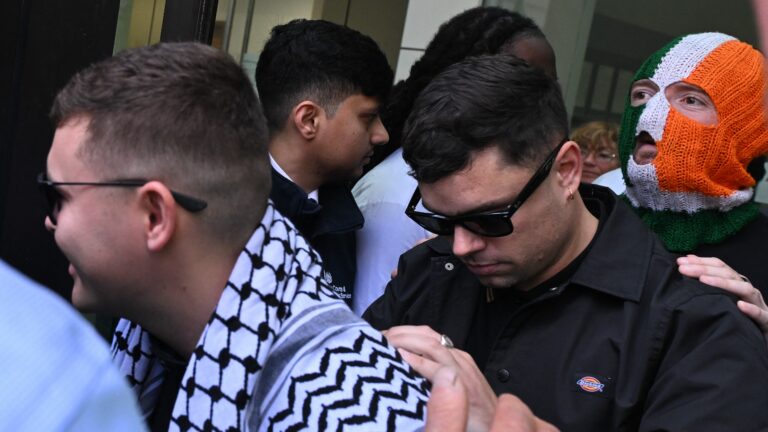The Hungarian government is pushing for an immediate ceasefire and peace negotiations in Ukraine in order to save human lives, Minister of Foreign Affairs and Trade declared in an interview with the Croatian news channel N1.
According to Péter Szijjártó, the most important task of the international community at this moment is to save lives. He justified Hungary’s differing position from the rest of the EU by pointing out that a significant Hungarian community of 150,000 people lives in Ukraine, many of whom are being drafted. ‘Germans and Danes are not dying in this war, but Hungarians are,’ he added, Hungarian state news agency MTI reported.
The minister reiterated that an immediate ceasefire and peace negotiations are needed because the only way to save lives is through peace. He expressed hope that members of the European and transatlantic community would adopt the Hungarian stance, adding that currently, on this hemisphere, war rhetoric is much louder and stronger than peace rhetoric.
Péter Szijjártó stated that since Hungary is not a party to the conflict, it is not the government’s responsibility to say what will happen after the ceasefire. However, he stressed the need to respect territorial integrity and sovereignty, adding that
it is clear who attacked whom, and Hungary condemns Russia for the aggression.
When asked whether the end of the war depends on Russian President Vladimir Putin, Szijjártó replied that there are clearly two sides in the war and he hopes that both will negotiate, as they both want to achieve sustainable peace.
The minister also discussed the consequences of the war, stating that if a war escalates, the escalation will not occur thousands of kilometres away, but in neighbouring regions. However, Hungary does not want to be involved in this war, he emphasised.
Regarding the question of what Ukraine would be today if the West had not sent weapons, Szijjártó replied that he considers the more important question to be what would have happened if the war had not started at all, as this war should have been avoided.
As for whether Viktor Orbán will visit Kyiv, the head of Hungarian diplomacy said they have received an invitation and now need to clarify the technical details of the visit’s preparation. As soon as they see that all the prerequisites are in place, the visit may take place.
The minister described negotiations on EU funds between Hungary and the European Union as a frustrating situation. He noted that the freezing of funds does not pose a problem for the Hungarian budget, which can be explained by last year’s nearly 5 per cent economic growth and the large number of investments. He explained that the issue with EU funds is a matter of principle, as that money is not aid, but rather a reflection of the performance of European, including Hungarian, people. The fact that some European funds are not being given to Hungary but are being blocked for political reasons is unacceptable, he concluded.

